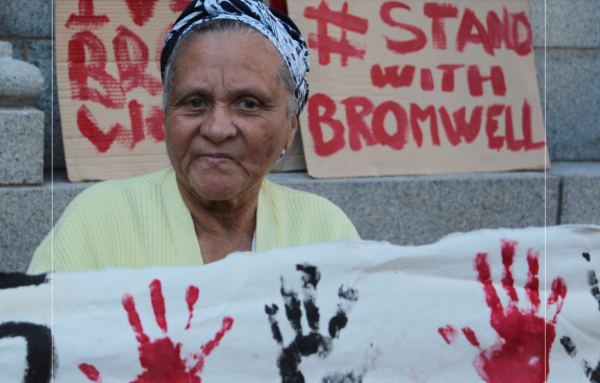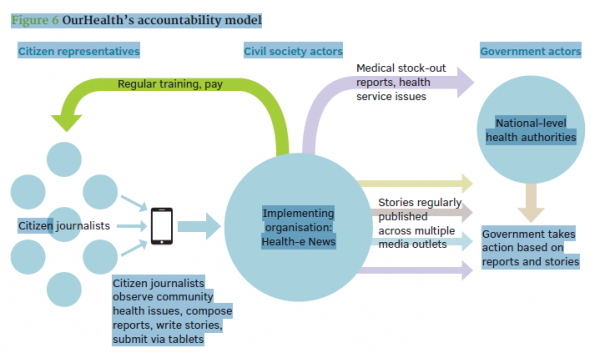What does citizen engagement and government accountability actually look like on the ground? Two new publications and a forthcoming webinar all paint detailed pictures of the complex and political relationships that lie beneath headlines about transformative accountable governance initiatives. In doing so, they shed light on the range of factors that contribute to conducive environments for positive change.
Voice or chatter? Making ICTs work for transformative engagement
What are the conditions in democratic governance that make ICT-mediated citizen engagement transformative? This major new study – with case studies from Brazil, Colombia, India, Kenya, Netherlands, South Africa, Spain, the Philippines and Uruguay - shows how ICT-mediated citizen engagement can promote democratic governance and amplify citizens’ voices. In each country, a specific digital citizen engagement intiative was selected as an aid to understanding the historical evolution and institutional context of e-participation, through the interplay between stuctures of governance and citizen agency.
Digital choices for democracy can empower or disempower citizens; can present citizens with real alternatives for equality, thereby deepening democracy; or prove costly for both individual citizens and the polity as a whole.
Read the report | Read the research summary | Visit the research project page
Do more empowered citizens make more accountable states?

This research report by Francesca Feruglio examines four organisations – two in Kenya and two in South Africa - that use legal-based approaches to improve access to services for groups of marginalised citizens. As well as looking in detail at their strategic approaches to accountability work, Feruglio also examines how the state responded to these intermediary organisations. She concludes that the identity and legitimacy are crucial in shaping the choices made by intermediaries, and the outcomes of those strategies in terms of access to services and accountable governance.
Webinar: What does tech deliver for citizen voice and accountability in health projects?
Save the date for the second in our series of webinars hosted by GPSA – Wednesday 8 November. Linda Waldman and Tabitha Hrynick’s research looked at the accountability models of seven health projects that received Making All Voices Count scaling and innovation grants. Tabitha and Linda will discuss some of the assumptions behind the different projects, and whether they played out it practice; and they will reflect on what leads to the likelihood of success in using ICT-enabled approaches to strengthen accountability.

Check the events page of our website for details | Read the research report | Read the literature review
New research blogs
Chronicling the expansion and contraction of participatory budgeting in Asia and Sub-Saharan Africa (Brian Wampler, Michael Touchton, Osmany Porto de Oliveira)
Practitioner reflections on the diffusion and adaptation of participatory budgeting in Indonesia (Ahmad Rifai)